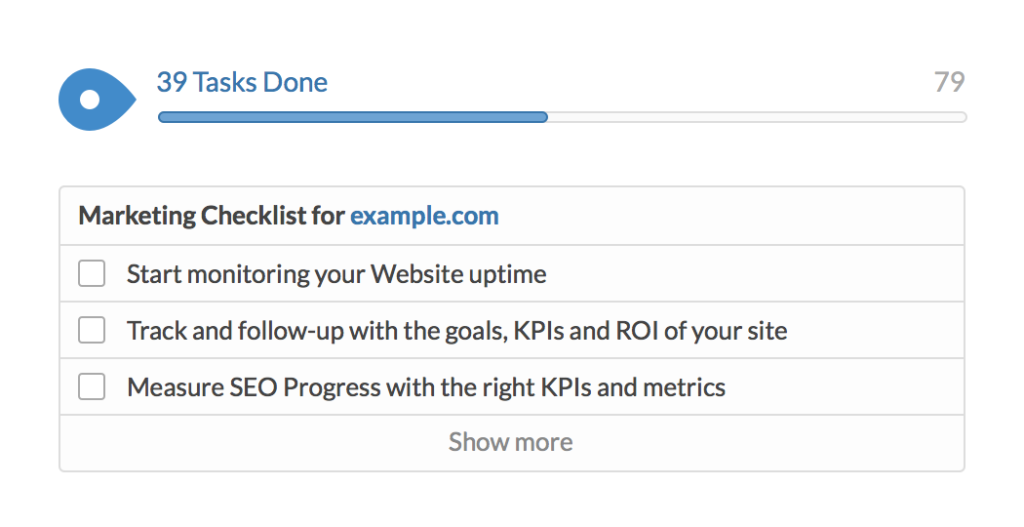The FTC’s Policy Statement on Native Ads doesn’t just apply to Buzzfeed articles. It affects social media as well. Two recent lawsuits brought by the FTC are putting influencers on notice.
Back in December, the FTC released a Policy Statement on Deceptively Formatted Ads. They regulations target native advertising, a disguised form of ads matching the format of other content on a website or medium. For example, BuzzFeed’s Sponsored articles advertise certain companies but appear to be native content. Through the FTC regulations, companies are required to differentiate native content from advertisements. This same rule applies to influencers on social media: paid content must be disclosed as such.
Warner Bros. and Lord & Taylor
Both Warner Bros. and Lord & Taylor recently had to settle with the FTC over charges of advertising deception.
Lord & Taylor launched a wildly successful campaign to promote their “Design Labs” collection. 50 Instagram influencers photographed themselves wearing the same dress, all posted with the hashtag #DesignLab. Besides gaining significant attention, Lord & Taylor saw great conversion – the dress sold out.
Lord & Taylor did make a mistake, however. They never required influencers to disclose that they were being paid to share the dress, even though they reviewed each post.
Warner Bros. made an even larger mistake. They paid influencers on YouTube to review their new game Middle Earth. In exchange for their content, these influencers received a free copy of the game in advanced of its release, as well as monetary compensation. But the company went one step further in its disclosure non-compliance. Influencers received explicit instructions to place disclosures below the fold, essentially hiding the disclosures. They also required influencers to not to mention any glitches that they found during gameplay.
Both companies settled without paying any fines for their actions, but they both had to agree to follow the FTC’s strict disclosure guidelines in future promotions.
How to Comply with FTC Disclosure Requirements
Although the FTC hasn’t issued any fines for influencer marketing yet, their actions against Lord & Taylor and Warner Bros. are clear warnings for influencer marketers. A few tips for compliance:
- Make sure disclosure language is unambiguous.
- Font and color must be easy to read.
- Keep disclosures as close as possible to the ad they relate to.
- Make sure disclosures are visible even if shared elsewhere.
- Videos: Place disclosures on-screen long enough to be read and understood.
- Audio: Read words at a speed that is understandable and avoid any auditory distractions.
- Hashtags: #Ad is acceptable at the beginning of a tweet or Instagram post, but cannot be muddled with several hashtags or placed at the end. #Sp and #Spon are not as easily interpreted as ads or sponsored content, so these hashtags are not acceptable.
- Snapchat: Since there are no hashtags and videos are short, writing ‘Ad’ on the screen is sufficient.
- Monitor third parties. Even if you hire an ad agency to manage your influencer marketing, you will still be held accountable if advertisements lack proper disclosure.
Overall, if your influencers make their disclosures very clear and understandable, your company should have no issue adhering to the regulations. Clearly communicate the necessary disclosures to your influencers and ensure they followed through – it’s your brand on the line.
Other Resources:
Native Advertising FTC Regulations



